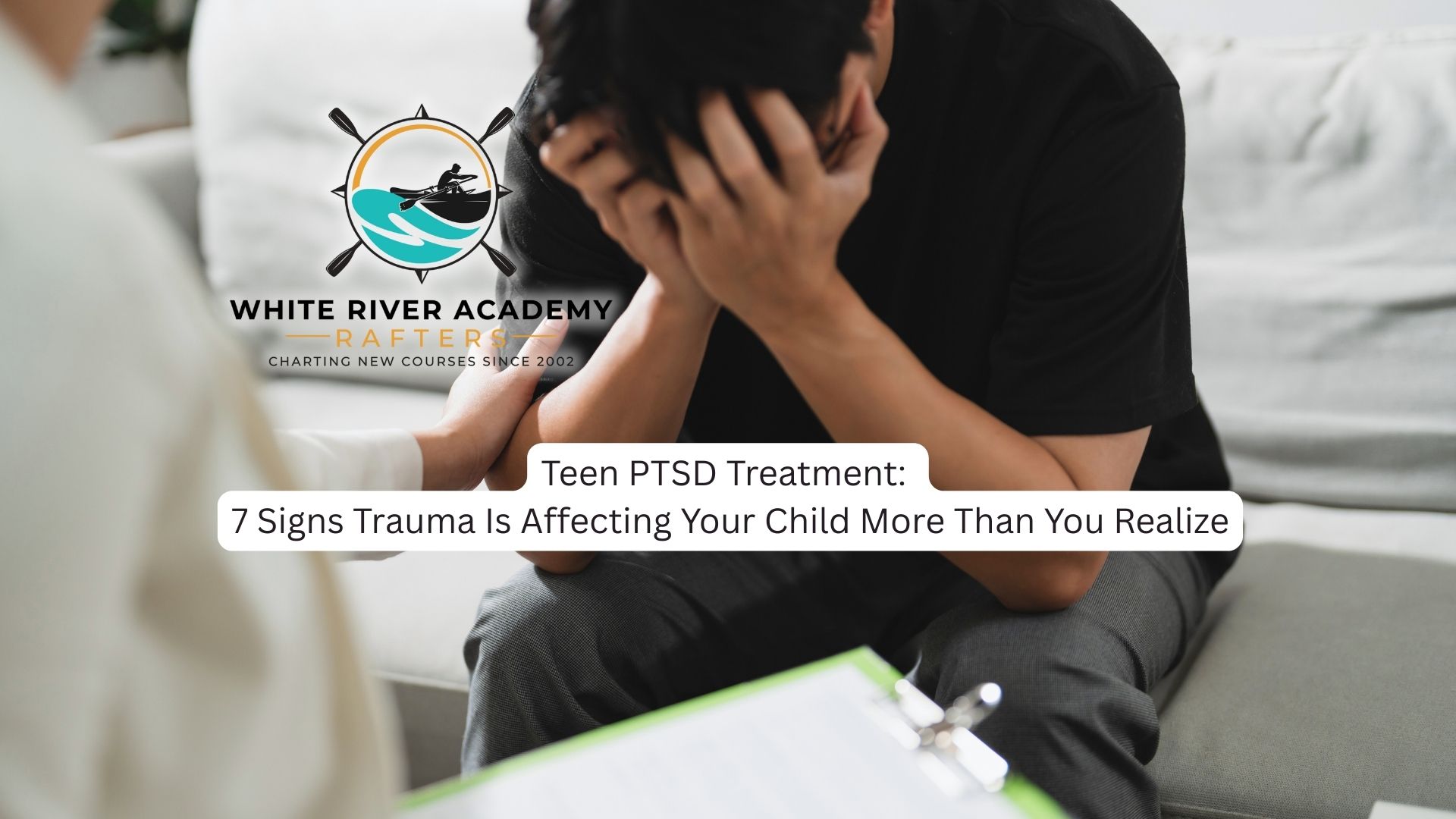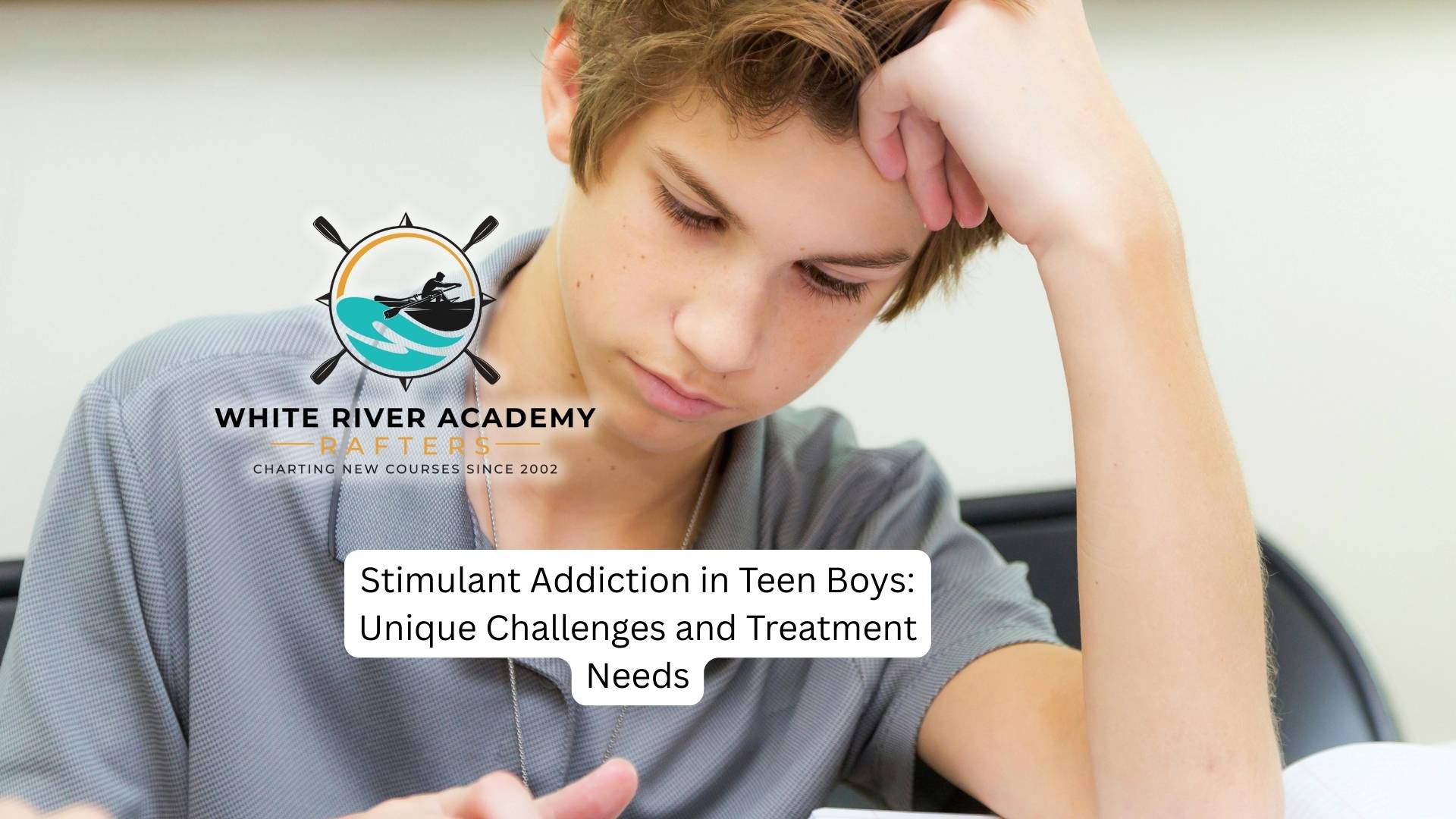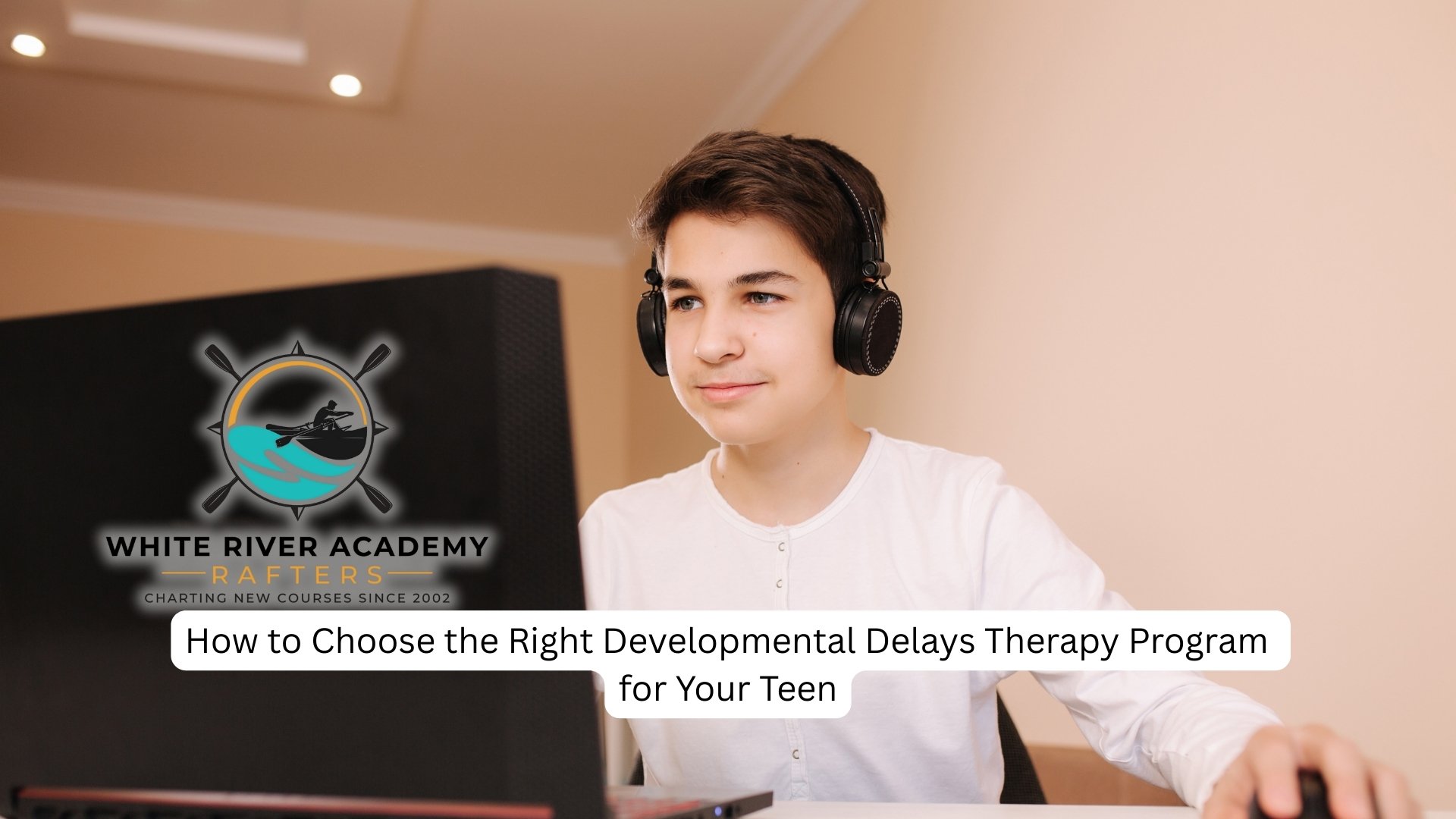Video gaming has become a dominant part of modern entertainment, offering immersive experiences and global connections. However, as its popularity rises, so do concerns about its potential psychological effects. For some, what begins as a harmless pastime can evolve into a dependency that impacts mood, sleep, and overall well-being.
This article explores what science says about this behavioral issue, its effects on mental health, and strategies for treatment and recovery.
Understanding Gaming Addiction
This behavioral dependency is defined by a persistent and uncontrollable urge to play despite harmful consequences. Many people spend excessive hours in virtual environments, ignoring personal responsibilities and relationships. This imbalance often leads to exhaustion, disconnection, and difficulties managing time or focus. From a neurological standpoint, this condition stimulates the brain’s reward system much like substance use disorders.
Each session releases dopamine, the neurotransmitter linked to pleasure and motivation, reinforcing the play cycle. Players, especially teens, often seek longer sessions to maintain that sense of satisfaction, which can lead to fatigue, stress, and reduced emotional regulation. During adolescence, when the brain’s reward system is still developing, this repeated overstimulation can make it even harder to manage impulses and emotional balance. Understanding these effects is vital for families considering a gaming addiction treatment program for teens designed to restore balance and help young people build healthier digital habits.
Emotional and Psychological Consequences
Excessive gaming has measurable effects on emotional well-being. Many people experience irritability, depression, or heightened anxiety when separated from their devices. The overstimulation from continuous digital activity can cause the brain to remain in a high-alert state, disrupting relaxation and emotional control. While virtual success may temporarily relieve stress, it often deepens underlying psychological struggles. Dependency can mask symptoms of poor self-esteem, loneliness, and unresolved emotional pain, creating a harmful feedback loop.
Social withdrawal is also common. As online interaction replaces face-to-face communication, empathy and real-world confidence may decline. This digital detachment can contribute to loneliness, social anxiety, and difficulty maintaining relationships. For teens, these emotional consequences can hinder healthy development and increase vulnerability to other mental health conditions.
Cognitive and Behavioral Impacts
Gaming addiction affects how the brain processes information and manages attention. Research shows that those with compulsive gaming tendencies often experience reduced focus and slower response times. At the time of lockdown, it was noted that increased gaming use affected attention and cognitive control. The brain adapts to constant stimulation, making daily tasks feel unrewarding, leading to frustration or underperformance.
Excessive gaming also impacts emotional regulation. Many addicted gamers struggle with mood swings, irritability, and feelings of anxiety when unable to play. Studies have linked gaming addiction to increased risks of depression and social withdrawal, as virtual interactions replace real-world connections. This emotional imbalance often worsens over time, trapping individuals in a cycle of isolation and dependency.

The Link Between Gaming and Mental Health Disorders
There is a strong relationship between excessive gaming and conditions like depression, anxiety, and ADHD. Many turn to it as a coping mechanism for emotional distress or boredom, which provides short-term relief but intensifies avoidance behaviors. This reliance on digital escape prevents meaningful emotional processing and worsens symptoms.
Brain scans of those with compulsive gaming behavior reveal disruptions in regions linked to impulse control, emotional regulation, and decision-making. These neurological changes mirror patterns found in substance use disorders, showing that behavioral addictions can produce similar long-term brain effects. Disrupted sleep patterns, caused by blue-light exposure and irregular schedules, can aggravate mood disorders and decrease cognitive performance.
Treatment and Recovery Approaches
Recovery from this behavioral addiction requires a structured and holistic plan that addresses emotional, social, and physical factors. Therapy helps people recognize thought patterns that sustain addiction and replace them with healthier coping strategies. Mindfulness training and stress-reduction techniques enhance self-awareness and emotional control, reducing the urge to escape through digital activities.
Family support is equally essential in recovery. Open dialogue, consistent boundaries, and shared accountability help rebuild trust and stability. Programs that combine evidence-based therapies with group sessions and experiential learning promote resilience and connection. Activities like outdoor recreation and creative arts therapy allow teens to rediscover purpose and confidence outside the digital world.
Final Thoughts from White River Academy
Excessive video game engagement is more than a casual habit. It’s a serious mental health concern that can affect emotional stability, cognitive performance, and overall well-being. Recognizing early warning signs and seeking professional support can prevent long-term damage and help restore balance in one’s life.
At White River Academy, we guide adolescent boys toward recovery through structured, evidence-based programs like our specialized gaming addiction treatment in Utah. This program integrates therapeutic counseling, academic support, and skill-building activities to help teens regain structure and purpose. This approach combines group and experiential sessions to help teens manage emotional triggers, improve communication, and build healthy coping strategies.




